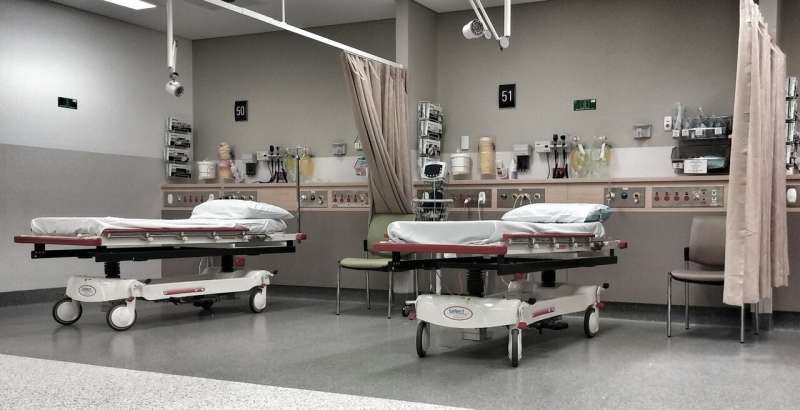Insufficient Ward Nursing Staff Linked to Longer Hospital Stays, Higher Readmission Rates, and Increased Mortality Risk

A comprehensive long-term study published in BMJ Quality & Safety highlights the critical impact of staffing levels among ward nurses on patient outcomes and hospital efficiency. The research shows that inadequate staffing of permanent nurses is associated with longer inpatient stays, increased likelihood of readmission, and higher mortality rates. Specifically, patients in understaffed wards experienced care shortfalls averaging over an hour daily in the first five days, which contributed to these adverse outcomes.
The study analyzed data from four NHS trusts in England, covering over 626,000 patients across 185 acute care wards between 2015 and 2020. It focused on two main types of nursing staff: registered nurses (RNs), who have university-level training and registration, and support staff such as health care assistants, who are less regulated.
Findings indicate that wards with RN staffing below the recommended levels significantly increased the risks of death (by 8% daily during understaffing periods), readmission (by 1%), and longer hospital stays—rising by 69% when understaffing persisted over the first five days. Similar trends were observed for nursing support staff, with increased risks of death and extended stays.
The financial implications are substantial. The total cost of care for the studied patients was around £2.6 billion, averaging £4,173 per admission. The study suggests that investing an additional £197 per patient to eliminate staffing shortfalls could save over 6,500 lives during the study period and gain 44,483 years of healthy life. This investment not only improves patient outcomes but also results in overall cost savings, primarily due to reduced length of stay and readmissions.
Importantly, reliance on temporary agency staff to fill staffing gaps proved less cost-effective and less beneficial than increasing permanent RN staffing. The findings support policies that prioritize stable nurse staffing levels on hospital wards, recognizing that improvements benefit all patient groups, not just those with high acuity.
While the study is observational and limited to NHS hospitals in England, it emphasizes the importance of adequate nurse staffing for patient safety and healthcare efficiency. The authors underscore that efforts to address staffing shortages should focus on increasing RN employment rather than short-term staffing solutions, as this approach yields the most favorable outcomes and long-term savings.
Stay Updated with Mia's Feed
Get the latest health & wellness insights delivered straight to your inbox.
Related Articles
AI's Ability to Determine Racial Categories from Heart Scans and Its Implications
Recent research reveals that AI can accurately predict racial categories from heart scans, highlighting critical biases and their implications for healthcare fairness and safety.
One Blood Test to Assess How Different Organs in Our Bodies Are Aging
A new blood test can now evaluate the aging process across 11 different bodily systems, providing personalized insights into how different organs age, aiding targeted healthcare interventions.
Survey Finds Nearly 5-1 Majority of Americans Believe Benefits of MMR Vaccine Outweigh Risks for Children
A new survey shows that nearly 5-1 Americans believe the benefits of the MMR vaccine for children far outweigh the risks, supporting vaccination efforts amid current measles outbreaks.



